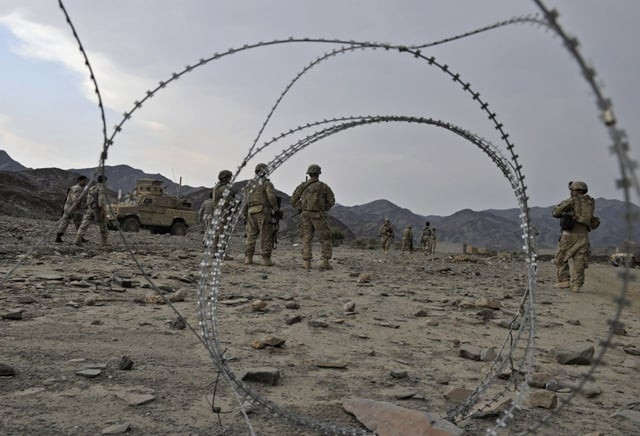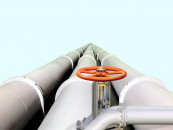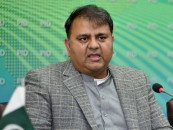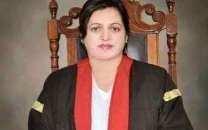Afghan war anniversary: 10 years on, the answers are blowing in the wind
The decade-long war highlights the failure of the US to rebuild the state.

A decade and billions of dollars later, one would argue that the Afghan war hasn’t changed much for the Afghans themselves. Rather one could argue that the country has once again been used as a battleground for major stakeholders of the region to settle their own ideological and strategic interests. As Afghans inch closer to a date for their freedom from Western ‘occupiers’, their fate looks even more uncertain than when the Soviets withdrew from their country in 1989.
It was reported today that US President Barack Obama has planned no public events to mark the 10 years of war in Afghanistan, maybe to avoid embarrassment, probably to avoid answering how the US-led coalition has failed to meet any of its major goals; to crush the Taliban insurgency and sanctuaries in Pakistan, to restrain the Afghan government’s corruption and incompetence and more importantly to uplift Afghanistan from being one of the world’s most primitive nation on earth.
At this juncture, the answers seem to be blowing in the wind. When it comes to the question of a peace deal, it has become increasingly evident that there is no deal without the Taliban, who after ten years are tough enough to keep on fighting for many years to come.
Wakil Ahmad Muttawakil, a former aide to the reclusive Mullah Omar, believes there is only one way to end a decade of fighting in Afghanistan and that is bring the Taliban back to power. “The only way to finish the fight against the Talibanis to bring them to power and get foreigners out,” Muttawakil said in an interview at his Kabul home.
Other Afghans aren’t as optimistic about the return of their former rulers but are certainly prepared for that outcome. When it comes to governance and corruption, the issues inspires even less hope for the Afghans. Who will pay for the for Afghan security forces — about 350,000 soldiers and police — when maintaining them will cost about $6 billion a year?
If one wonders why the corruption is so rampant, they should ponder over the fact that as of now 90 per cent of the Afghan government’s revenues come from foreign aid. How will Afghanistan replace that money? The country produces very little of any real value — the largest export product being opium poppies, used to make heroin.
However, the darkest side of the Afghan war is found in the everyday lives of ordinary Afghan citizens who have seen a decade of poverty, war and corruption.
Even though the challenges for Washington now lie in the political reconciliation of major stakeholders of the region, there is no doubt that US administration shies from marking the tenth anniversary of the Afghan war to avoid facing the reality that they failed in the task of rebuilding this poor state. (ADDITIONAL INPUT FROM REUTERS)
Published in The Express Tribune, October 7th, 2011.
You can view a slideshow of pictures from the war here.



















COMMENTS
Comments are moderated and generally will be posted if they are on-topic and not abusive.
For more information, please see our Comments FAQ